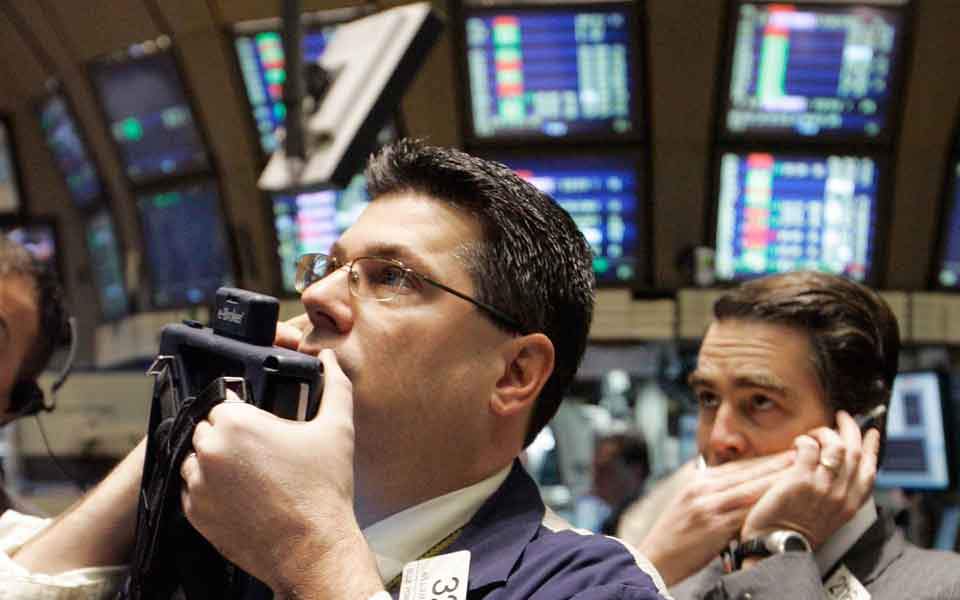Economists vote for stability
Rating agencies and analysts expect a solution after the new round of polls probably in July

Rating agencies and international analysts are eager to see post-election Greece continue on its current fiscal path and reform policy.
They expect this question to be answered following the new polls in July, after which their baseline scenario sees either a coalition government led by New Democracy or independence of the ruling party. At the same time, they highlight the significant threat to the Greek economy of an unstable government.
After all, the rating agencies have made it clear: A key factor in upgrading Greece is maintaining the pace of structural reforms and fiscal discipline, because the last thing the country needs is an unstable government.
S&P, for example, in its recent report on Greece emphasized that “we could upgrade Greece within the next 12 months if fiscal discipline is maintained, while the upgrade will also depend on the maintenance of structural reforms by the next government that will emerge from the upcoming national elections, strengthening the country’s competitiveness.”
Fitch’s criteria are similar. The factors that could lead to an upgrade are “the steady reduction of public debt to GDP in the medium term, and the improvement in the medium term of growth dynamics and economic performance, for example due to higher investment dynamics or the implementation of structural reforms,” its analysts explain.
Allianz Research warned that even a small period of political uncertainty would weigh on Greece’s economic outlook, while political uncertainty could also delay the return to investment grade.
“The election result could determine whether Greece will be upgraded this year, with a possible political deadlock preventing the recovery of investment grade,” notes Societe Generale for its part.
However, analysts are optimistic that the final result of the second ballot will be such that it will ensure the continuation of the current dynamics of the economy. As the Oxford Economics chief economist for Greece, Paolo Grignani, notes, “Despite the uncertainty, we believe that the political risks that the elections could carry are limited.”





